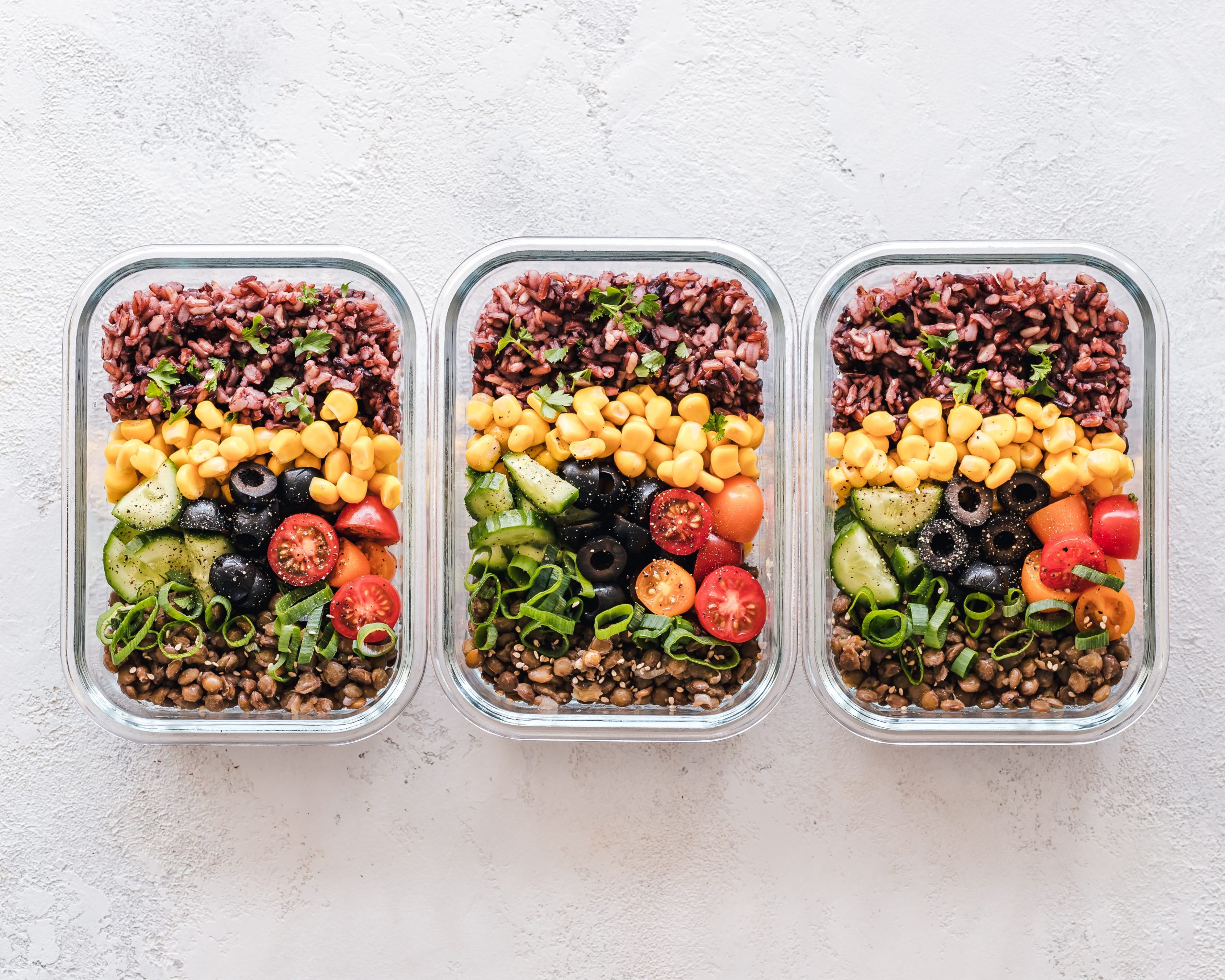-
No products in the cart.
Is Plant-based Diet Really Healthy?

Written and Edited by: Nature’s Superfoods Team
Plant-based diets are getting more popular nowadays, due to the potential health benefits such as lowering the risk of cardiovascular diseases, diabetes, obesity and some cancers. However, does your health necessarily improve so long as you adopt a plant-based diet?
Not all plant-based diets are equally healthy
It is important to note that not all plant-based diets are beneficial for health as not all plant-based foods are healthier options. For instance, though white rice and white bread are plant-based foods, they are highly processed which makes them less nutritious as compared to healthier options such as red quinoa and wholemeal bread. In addition, it is also important to note that drinking a big glass of fruit juice (albeit with no added sugar) is not the same as eating the whole fruit or unsweetened dried fruit as fruit juices can be high in sugar and devoid of fibre.1
For those who think plant-based burgers are healthier than regular burgers, think again. A commercial plant-based meat patty can contain similar amounts of saturated fat and sodium when compared to a regular meat patty. The ingredients used to make these plant-based meat patties are usually highly processed substances and may not be optimal for health. It is healthier to consider a more whole-food-based veggie burger.
What exactly is a healthier plant-based diet?
A study published on the Journal of the American College of Cardiology that evaluated the dietary data of more than 200,000 adults over the two decades to determine the relationship between the heart disease risk posed by the following 3 categories of plant-based diets:
- A plant-based diet that focuses on the consumption of only healthy plant foods such as whole grains (e.g. quinoa, brown rice, oats, etc), fruits, vegetables, nuts, legumes and good fats (e.g. unsalted baked nuts, chia seeds, sacha inch seed oil, chia seed oil), while reducing intake of processed plant foods and animal foods.
- A plant-based diet that focuses on the consumption of all plant foods (healthy plant foods and processed plant foods) and reduce intake of all kinds of animal foods (e.g. skim, low-fat and whole milk, yogurt, cheese, etc), eggs, fish, meat (chicken, beef, pork) and foods that contain animal products (e.g. pizza, mayonnaise, etc)
- A plant-based diet that focuses on the consumption of processed plant foods (e.g. commercial fruit juices, sweetened beverages, french fries, potato chips and refined grains such as white rice, white bread, breakfast cereals), while reducing the intake of healthy plant foods and animal foods.
Unsurprisingly, individuals who followed the first type of plant-based diet have the lowest risk for heart disease as compared to individuals who followed the second type and third type of plant-based diets. This also suggest that lowering the intake of animal foods does not necessarily lead to better heart health if the diet includes less healthy/highly processed plant foods.2 On a separate study, it was also observed that individuals who consumed more than 75g of processed meat such as bacon and hot dogs have a 28% higher risk of heart failure as compared to individuals who ate less than 25g. References
- Havard Health Publishing. (2020). The right plant-based diet for you. https://www.health.harvard.edu/staying-healthy/the-right-plant-based-diet-for-you [Accessed 17 July 2021].
- Satija A, Bhupathiraju SN, Spiegelman D, Chiuve SE, Manson JE, Willett W, Rexrode KM, Rimm EB, Hu FB. (2017). Healthful and Unhealthful Plant-Based Diets and the Risk of Coronary Heart Disease in U.S. Adults. Journal of American College of Cardiology. 70(4):411-422.
- American Heart Association. (2014). Processed red meat linked to higher risk of heart failure, death in men. ScienceDaily. Retrieved July 11, 2021 from www.sciencedaily.com/releases/2014/06/140612174620.htm

